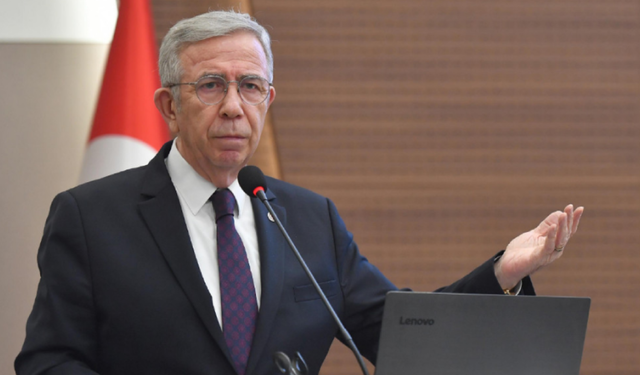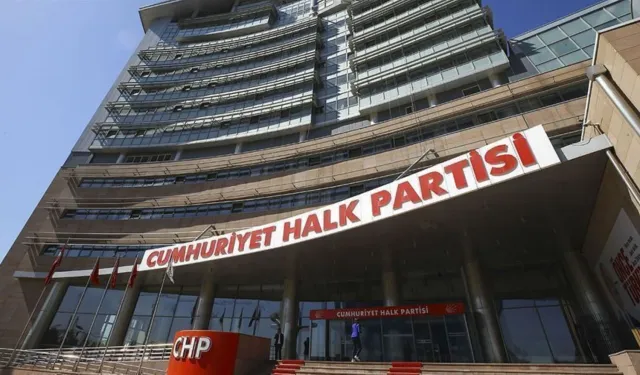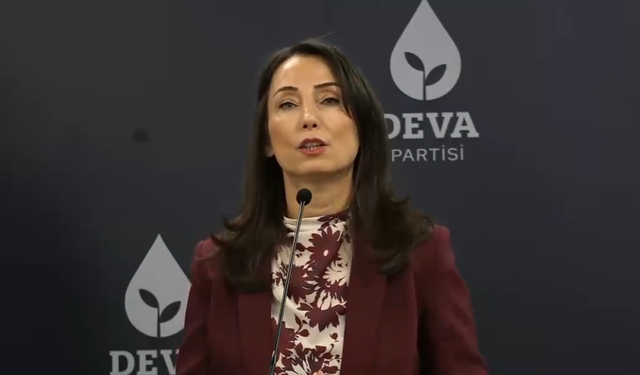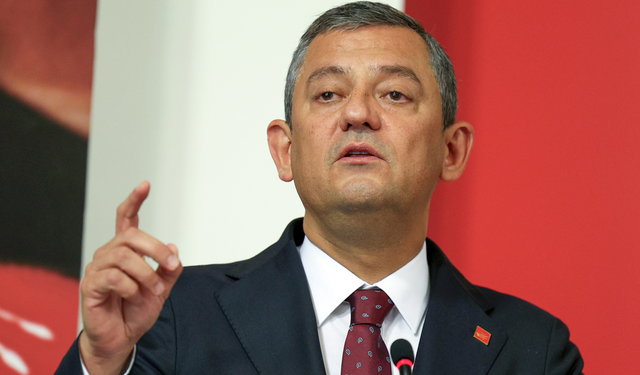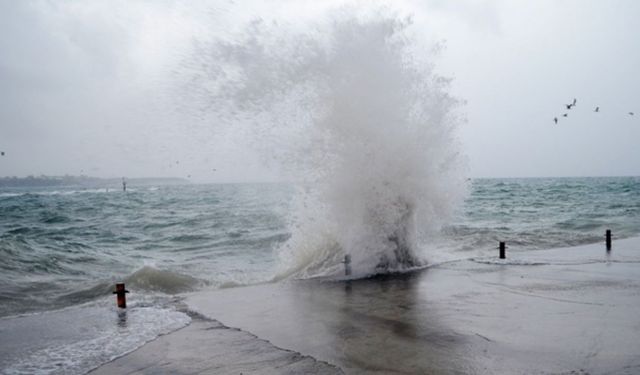As Turkey increases its economic and military cooperation with Poland and Ukraine, the number of Turkish-made UAVs in Eastern Europe is increasing. Undoubtedly, the sales may have a positive impact on relations with the West, and it is also possible to talk about the positive contribution to Turkey's image within NATO. On the other hand, the wide participation of the Turkish Armed Forces in NATO's Black Sea drill is also in NATO's attention. However, this Black Sea initiative of Turkey might strain relations with Russia. As a matter of fact, while Turkey puts on this expansion as a NATO member and sells UAVs, it shows that it adopts this policy not only as a military strategy, but also as a foreign policy strategy.
SEA BREEZE 2021
For the first time, NATO launched a military drill with non-member countries in the Black Sea, consisting of 32 countries, including Turkey, and 5 thousands soldiers. This drill, which will last until July 11, is held every year under the name Sea Breeze, but this year it has been a true international drill. However, the more important factor that emerged due to the large-scale nature of the drill has been the reaction of Russia. Defining the drill as an "anti-Russian attempt" for provocation, Russia claimed that "Ukraine is armed under the guise of the drill". As you may remember, when NATO conducted a drill called Sea Shield 21 with 18 ships and over 2 thousands soldiers in March this year, Russian submarines were immediately deployed to the region. At that time, this drill aimed to increase the cooperation between the naval forces of Romania and other NATO member countries. The reason why the drill was kept wide this year, however, can be interpreted through the Western wing's expansion strategy towards Eastern Europe against Russia and the approval of NATO's entry into the Black Sea, especially through Turkey. In such a situation, it is clear that Turkey has a difficult task. If Turkey will no longer make an extra effort to keep NATO out of the Black Sea, this will undoubtedly affect the relations with Russia in the new period. Of course, the large participation of the Turkish Armed Forces in the NATO drill taking place these days is not the only reason for Russia's negative attitude towards Turkey. Considering the fact that Turkey is seeking to re-integrate with the West in the military contexte, it is possible to say that Turkey has made a new opening in the Black Sea and Eastern Europe. It is possible to see this most clearly in the rapprochement of Turkey-Ukraine and Turkey-Poland.
TURKEY'S UAV SALES TO UKRAINE AND POLAND
As it is remembered, Bayraktar TB2 armed unmanned aerial vehicle (UAV), which is actively used by Turkey in Syria and Libya, was sold to Ukraine as 6 UAVs and 3 ground control stations after Qatar and Azerbaijan. Russian Foreign Minister Sergey Lavrov had warned Turkey not to send arms to Ukraine and made statements to Turkey that Ukraine encourages "militarist feelings”. Despite this, Turkish President Erdoğan, who hosted the President of Ukraine Volodymyr Zelensky, had announced that the cooperation between Ukraine and Turkey would be developed, and stated that the cooperation between the two countries was by no means an attempt against third countries. Turkey, as a NATO member, decided to make an agreement with Poland, an Eastern European country, to sell UAVs for the first time in its history. According to the signed 'Unmanned Aerial Vehicle Systems Procurement Contract’, it is foreseen that the first delivery will be made in 2022 and the export will be completed within 2 years. With the sale of 24 Bayraktar TB2 UAVs to Poland, Ankara's theses, strengthened by its military cooperation in Eastern Europe, deserve its share of truth. It is seen that Poland, which feels the Russian threat as widely as Ukraine, has also increased its resources for defense with the UAVs purchased from Turkey. In this way, it increases its reconnaissance and surveillance capability along the Russian border. In short, Poland buys these vehicles to use against Russia. It should not also be forgotten that after Ukraine and Poland, the sale of UAVs to Hungary is also in Turkey’s agenda, and that there are even initiatives in countries such as Slovenia, Slovakia and Czechia. This situation shows that Turkey is following a foreign policy strategy in the Eastern Europe area based on UAV sales.
RUSSIAN REACTION
The large participation of the Turkish Armed Forces in NATO's Black Sea drills might be interpreted by Russia as Turkey's tendencies to bring NATO into the Black Sea. On the other hand, Turkey's rapprochement with Ukraine and Poland by engaging in arms trade is an indication that Turkey has made an opening in the Black Sea and even in Eastern Europe. However, most probably, Moscow will not be pleased if Turkey, which has made defense exports one of its foreign policy targets, consolidates its military-intelligence sphere of influence in the near geography of Russia On the other hand, merely Georgia and Ukraine remained in the Black Sea, two non-NATO countries apart from Russia. With the membership of these countries, all countries except Russia which has a coast on the Black Sea, will become NATO members. Russia, with this regard, will not allow the Black Sea to turn into a NATO sea. However, Turkey's recent attempts seem against Russia which sees the Black Sea as its inland sea. It may be inevitable for Russia to show this pressure through Turkey.
IDLIB CASE
In the light of all these developments, it would not be wrong to say that Russia is uncomfortable with Turkey's policies. However, it is not yet clear whether the sanctions that may come from Russia will remain only in rhetoric or whether some concrete initiatives will come. The most critical area is Syria, in this sense. Turkey and Russia are more at odds with Syria than with Libya and Nagorno-Karabakh. It is almost certain that the subject of Idlib is included in the file prepared by Russian Foreign Minister Lavrov, who visited Turkey on June 29. Every attack by Russia and Assad forces in Idlib triggers very important processes for Turkey. The initiation of a new wave of migration by people whose living conditions are getting difficult in the conflict zone is a grave issue especially for Turkey. The policy of triggering immigration is a punch thrown by Russia in Turkey's soft stomach. Therefore, it is not unreasonable to predict that Russia will use its military and political superiority against Turkey, especially in Syria, with such a policy in the forthcoming days. As a matter of fact, it is clear that Russia has used Syria as a trump card against Turkey and will not hesitate to continue to use it. Turkey's recent activities in the Blacksea are not escaped the attention of Russia. Considering this situation, it may be inevitable for the relationship between Turkey and Russia to evolve into a more tense structure.







